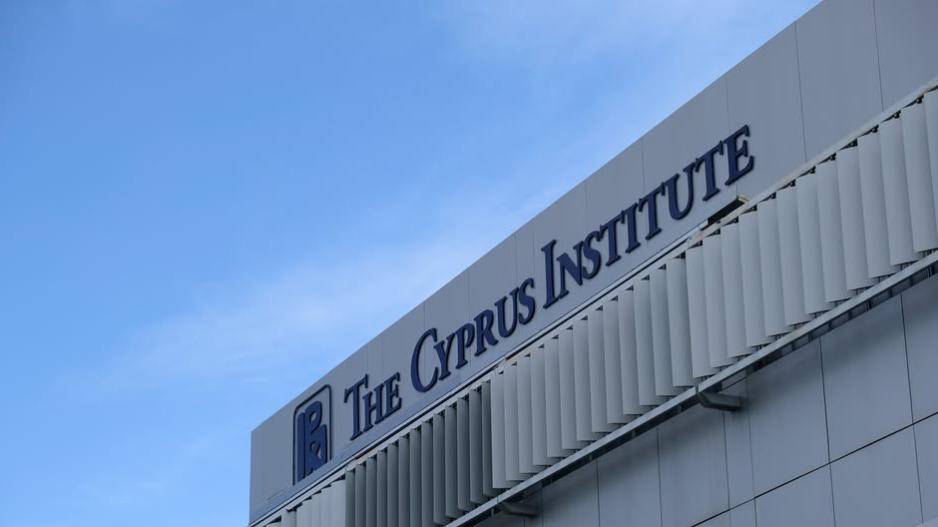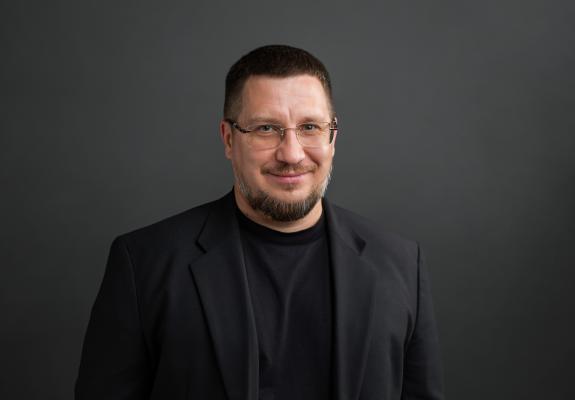Scientists From Cyprus and Japan Collaborate at CyI Symposium
Experts Explore Cultural Heritage Networks and Joint Research Opportunities.
Scientists from Cyprus, Japan, and other countries, including directors of major research infrastructures, convened at the Cyprus Institute (CyI) from November 25 to 27 to explore potential collaborations in emerging research fields rooted in science and technology. The initiative aims to establish a cultural heritage network connecting Europe and Japan.
According to an announcement, the symposium, organized by the Japan Inter-University Research and Education Alliance (IU-REAL) and the Cyprus Institute, carries added significance as Japan seeks to become an associate country in the EU’s key funding program for Research and Innovation, "Horizon Europe."
“This is the first time so many Japanese representatives (25) have gathered in Cyprus, promoting cooperation between the two countries,” remarked Japan’s Ambassador to Cyprus, Yoshio Yamawaki, in his opening speech.
Professor Koichiro Shimomura from Japan’s High Energy Accelerator Research Organization (KEK) emphasized that “Cyprus is ideal for establishing a scientific cultural heritage network between Europe and Asia, given its scientific infrastructure, participation in the SESAME synchrotron (https://www.sesame.org.jo), rich cultural heritage, and strategic location as the meeting point between Southwest Asia (Middle East) and the southeastern boundaries of Europe.”
The symposium’s visionary, Professor Nobuhiro Kosugi (KEK and Japan’s observer representative on the SESAME Council), described this as an exciting moment “to forge concrete research collaborations between Japan and Cyprus following the Memorandum of Understanding signed in October between Japan’s State Minister for Foreign Affairs, Toshiko Abe, and Cyprus’ Deputy Minister of Research, Innovation, and Digital Policy, Nikodimos Damianou.”
We have now jointly embarked on specific steps for collaborations between Japan and Cyprus, including scheduled meetings and initiatives in December 2024 and early 2025
Dr. Kirsi O. Lorentz (CyI), the symposium’s lead organizer and Cyprus counterpart for this meeting, expressed her satisfaction with the results of this Japan-Cyprus exchange. These, she explained, include “specific actions to develop and optimize new scientific and technological facilities, instruments, and large-scale tools, particularly in cultural heritage—a field of special interest to both Cyprus and Japan.”
Dr. Andrea Lausi, Scientific Director of the SESAME synchrotron, who participated in the meetings, welcomed the initiative for joint research teams from Cyprus and Japan. Through research proposals, these teams will gain critical data across various fields, from academia to business and government organizations, with anticipated benefits for citizens’ daily lives and significant advancements in research areas, he noted.
Professor Stavros Malas, President of the Cyprus Institute, shared his satisfaction with the outcomes of this Cyprus-Japan meeting. “I congratulate everyone involved in bringing this exciting initiative to fruition, taking concrete steps to implement the Memorandum of Understanding between Cyprus and Japan in science and technology,” he said.
“I am very proud to see these international, high-profile collaborations taking shape at the Cyprus Institute,” he added.
The three-day event also featured a public lecture titled “The Madness of the Beginning of the Universe, the Magic of the Higgs Particle” by Professor Shoji Asai, General Director of KEK in Japan, a tour of the Cyprus Museum, and a musical program. Further exchanges and networking in the field of cultural heritage research were facilitated during a special guided tour of the Paphos Mosaics (a UNESCO World Heritage site) by Dr. Efstratios Raptou of the Cyprus Department of Antiquities.






